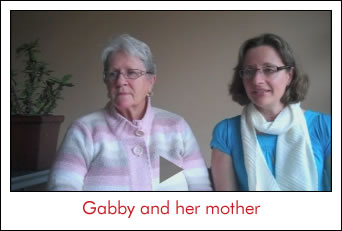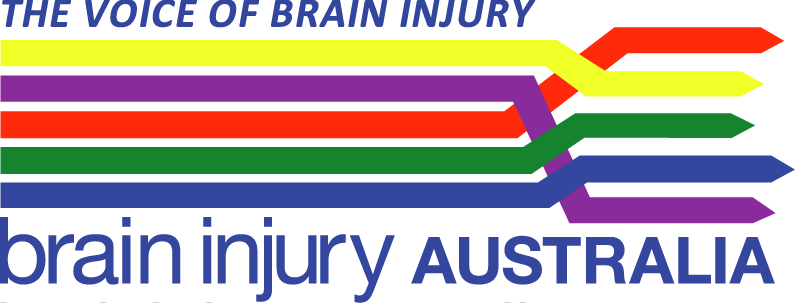- MODULE 2: Working with ABI
- Introduction
- Take the Pre-test
- A. Uniquely building independence
- a) Unique
- b) Injury-Effect-Behaviour
- c) Frontal lobe proxy
- d) Change happens
in the day to day - e) A life span view
- f) Person centred, Goal directed
- B. Through emotions and relationships
- g) Person with ABI
- h) Family members
- i) Grief and loss
- j) Support workers
- k) Managers and Team leaders
- l) Case managers
- m) Professional boundaries
- C. With services
- n) Pathways
- o) Part of a team
- p) The services network
- D. Principles and standards
- q) Principles and standards
- E. Integration
- r) Practice tools
- s) Case study
- t) Further learning
- Take the Post-test
c) For many people with ABI - being the proxy for the frontal lobe
i) Introduction - The proxy for the frontal lobe of the brain
People who have damage to the frontal lobe of the brain often have difficulty with
- planning
- coordinating
- getting started
- sticking to the task
- finishing the task.
One of the consequences of this is that people who have frontal lobe damage need someone to be the proxy for their frontal lobe. They need someone to help them with planning and coordinating, making important decisions, etc.
Often this is a family member's role. Sometimes it is the case manager's role.
Rules of thumb
- Get to know the person both over time and also for a period of time.
- Understand their cognitive abilities
- Identify the scenarios where they are likely to need additional support.
- Ensure there is a process in place to enable them to get the support when they need it.
One worker said:
So you need somebody who will accept that responsibility for his financial affairs. Unfortunately no member of the family was able to do that.
So it was set up for the OPC to manage his finances and that's what's happened since he's had the brain injury. The decision was reviewed and the doctor recommended that the OPC continue because over the years since he had the brain injury even though he has had a significant recovery he hasn't demonstrated the capacity to be able to manage things as serious as finances and making decisions about properties.
A case manager said:
He has actually made quite a remarkable recovery. He has returned to work. He has returned to driving. He is one of those people who has higher level cognitive impairments.
So he has been able to return to work, getting to work by bus and train and driving. He has a lot of procedural memory about daily activities and driving and work
He didn't progress up to his pre-injury level of activities but nonetheless he is working full time and his company is satisfied with him and he appears to be reasonably satisfied.
His cognitive impairments have been mainly with the executive functioning so he has got very low level of insight into his impairments which affect his memory. He doesn't have the capacity to take in new information and use that information and process that information and then develop a plan of action and then initiate it.
He is OK doing the job he has always done. But starting a new job would be very difficult.
ii) Ray has ABI ( 5 mins)
(This video story is also included in Module 1)
Ray had a heart attack in a fun run and suffered hypoxic brain injury. He was in his mid 40s. He is now 50. He has returned to work and driving. He has some cognitive impairments. He was married. He now lives by himself.
Click on the image to go to the video player.
Watch a short story of him on video.
Answer the following question:
Remarkable recovery - returned to work and driving
Higher level cognitive impairments
He says "I do all the things I used to do . . I am back to normal. . . others may say that I am not.
Memory problems
Lacks capacity to take in new information, use the information, develop a plan and initiate.
Does have the insight into knowing he doesn't have this capacity for planning etc - so he thinks he is OK.
Office of Protective Commissioner making key decisions about finances and property.
Enjoys work. Nothing I find difficult. Just want to get on with life.
iii) Questions
Answer the following question:
What are key points you would make?
- Acquired brain injury is an injury to the brain.
- Different parts of the brain have different functions.
- Important functions carried out by the frontal lobe are planning, coordinating, initiating.
- A person with damage to the frontal lobe will have difficulties with planning, coordinating, initiating (and other things).
- The person may have good procedure knowledge and so can do day to day activities if they are routine.
- The person may not be good in new situations or planning for making important decisions. The person will need help in these situations.
- The person helping them is being a proxy for their frontal lobe.


